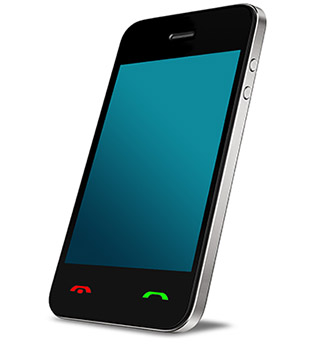June 3, 2024 - WASHINGTON - Federal Communications Commission Chairwoman Jessica Rosenworcel last Friday  announced that due to a lack of additional Congressional funding, the agency will officially end the Affordable Connectivity Program (ACP) on June 1, 2024. The agency had already imposed an enrollment freeze in early February to help with the accurate forecasting of funding exhaustion and to smooth the administration of the ACP’s end. During the ACP wind-down process, Chairwoman Rosenworcel sent monthly letters to Congress stressing the importance of the program and the need for additional funding to keep the program going. In a new letter to Congress, Chairwoman Rosenworcel highlighted the nationwide need to support low-income families who struggle to pay for high-speed internet service and outlined the steps the Commission has taken to soften the impact that the conclusion of the ACP will have on enrolled households.
announced that due to a lack of additional Congressional funding, the agency will officially end the Affordable Connectivity Program (ACP) on June 1, 2024. The agency had already imposed an enrollment freeze in early February to help with the accurate forecasting of funding exhaustion and to smooth the administration of the ACP’s end. During the ACP wind-down process, Chairwoman Rosenworcel sent monthly letters to Congress stressing the importance of the program and the need for additional funding to keep the program going. In a new letter to Congress, Chairwoman Rosenworcel highlighted the nationwide need to support low-income families who struggle to pay for high-speed internet service and outlined the steps the Commission has taken to soften the impact that the conclusion of the ACP will have on enrolled households.
“The Affordable Connectivity Program filled an important gap that provider low-income programs, state and local affordability programs, and the Lifeline program cannot fully address,” said Chairwoman Rosenworcel. “The Commission is available to provide any assistance Congress may need to support funding the ACP in the future and stands ready to resume the program if additional funding is provided.”
Agency wind-down measures have included: (1) encouraging ACP providers, for which participation in the ACP was voluntary, to develop low-income programs of their own and to provide their ACP subscribers information on their low-income programs or low-cost plans; (2) offering training and resources for state public utility commissions and agency ACP grantees and outreach partners to raise awareness of the Commission’s Lifeline program; (3) and reminding current Lifeline providers of their requirement to publicize the Lifeline program.
The Lifeline program offers a $9.25 monthly benefit on broadband service for eligible households. Although the Lifeline benefit may alleviate some financial pressure for certain ACP households, it is not a replacement for the ACP. Not all ACP households will qualify for Lifeline, and by statute, many ACP providers are not eligible to participate in the Lifeline program.
Before the lack of funding brought it to a premature end, the Affordable Connectivity Program provided support for tens of millions of low-income households across rural, suburban and urban America to get online and stay online. The ACP made significant progress in closing the digital divide over its two and a half years:
· Over 23 million households were enrolled in the ACP at the time the program stopped accepting new enrollments.
· The ACP served households in every county in the United States.
· The participation among households in Tribal areas increased by 136 percent, with approximately 330,000 Tribal subscribers enrolled in the program when the enrollment freeze took effect.
· It provided low-income households consistent connectivity. In response to the FCC’s winter 2023 agency survey, 68% of ACP households reported they had inconsistent connectivity or zero connectivity at all before ACP.
Throughout the program’s run, the ACP helped to close the digital divide for working families from all walks of life, across the country:
· Roughly 15 percent of all households in the program are from rural areas.
· According to a national survey, more than four million households with an active or former military member are enrolled in the ACP.
· Nearly half of ACP households are led by someone over the age of 50.
· Approximately 3.4 million households seeking to enroll in the ACP indicated participation in the National School Lunch or Breakfast Programs as one of the ways they qualify for the ACP.
A note published today by Chairwoman Rosenworcel, which looks back and ahead on the ACP, can be found here.
Source: FCC








